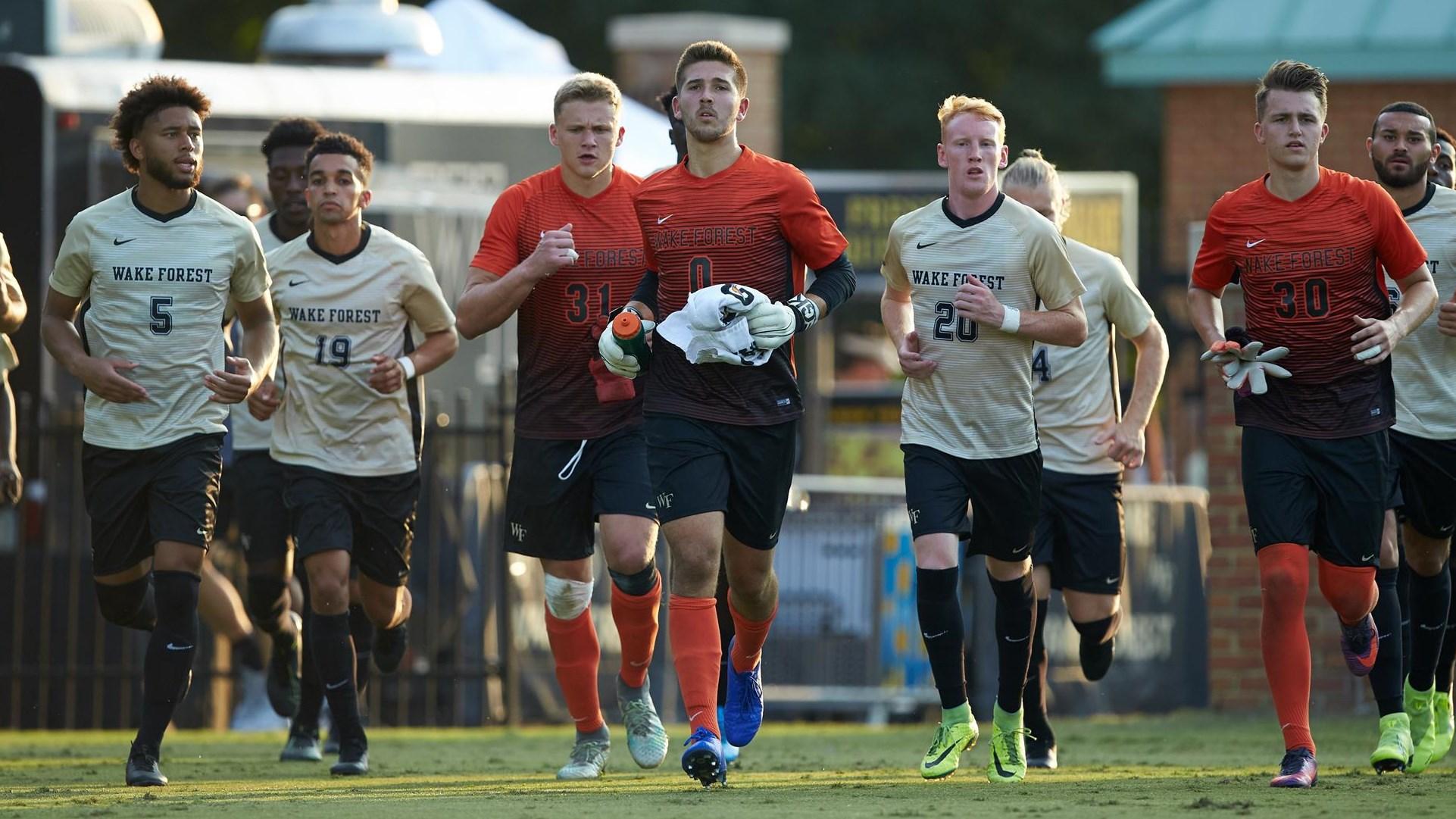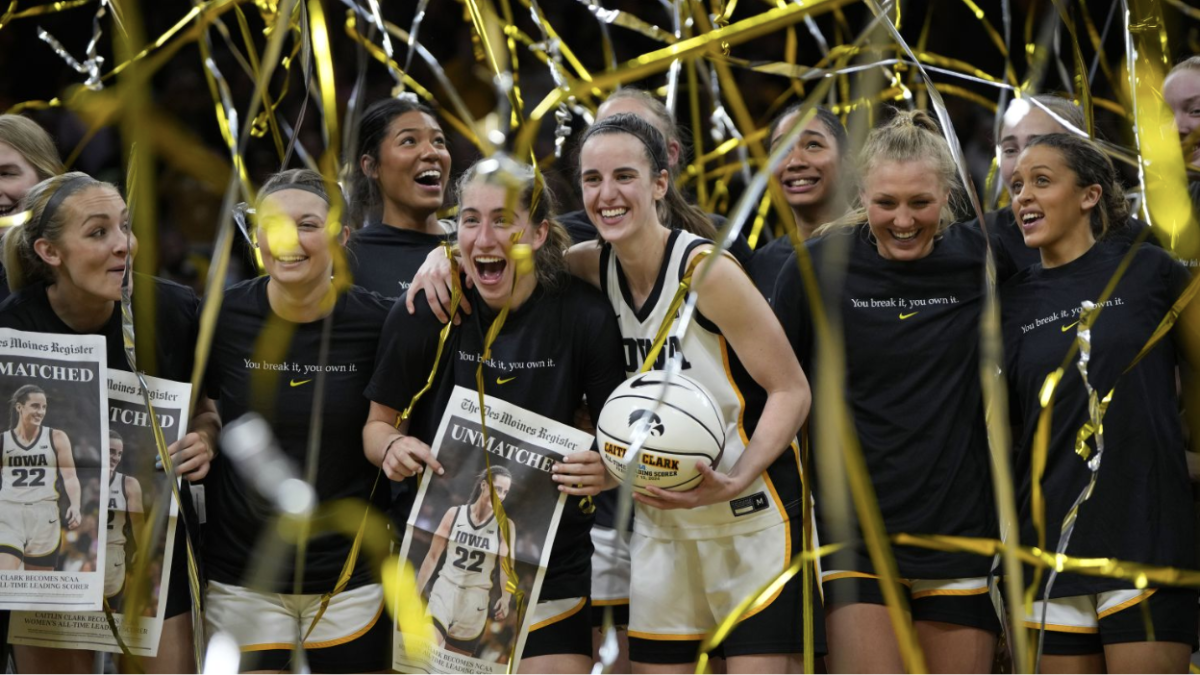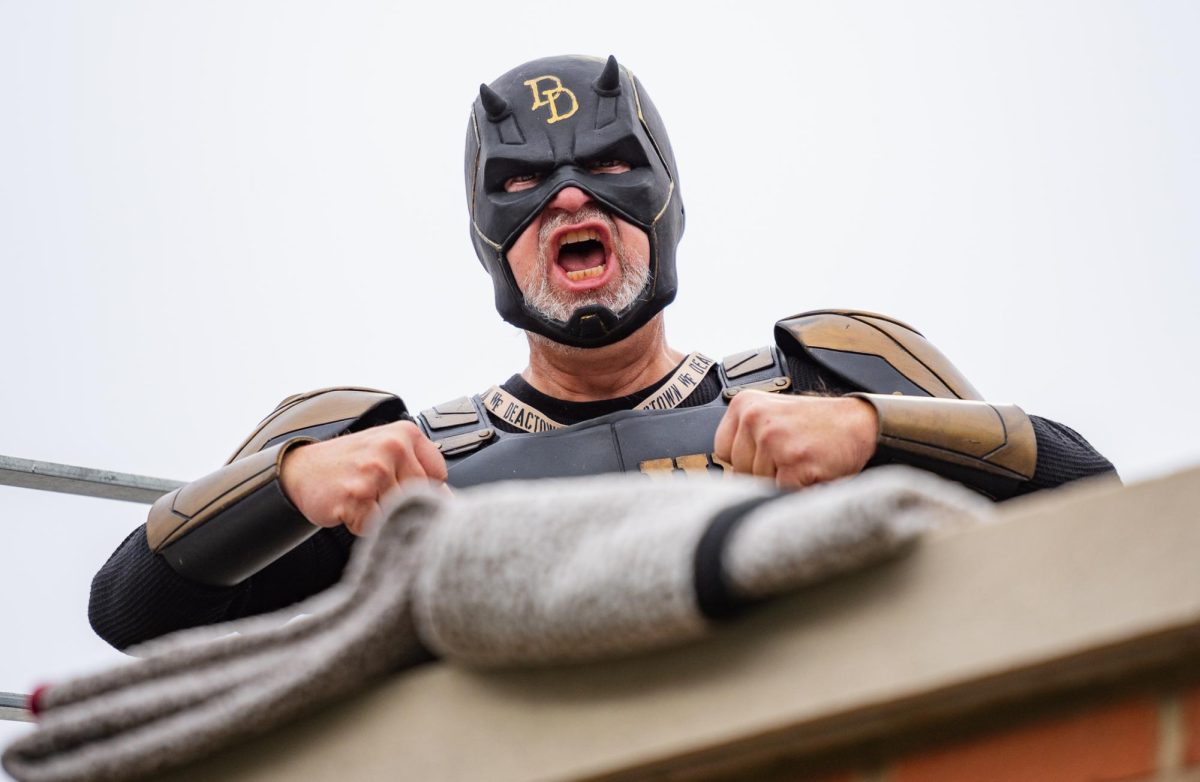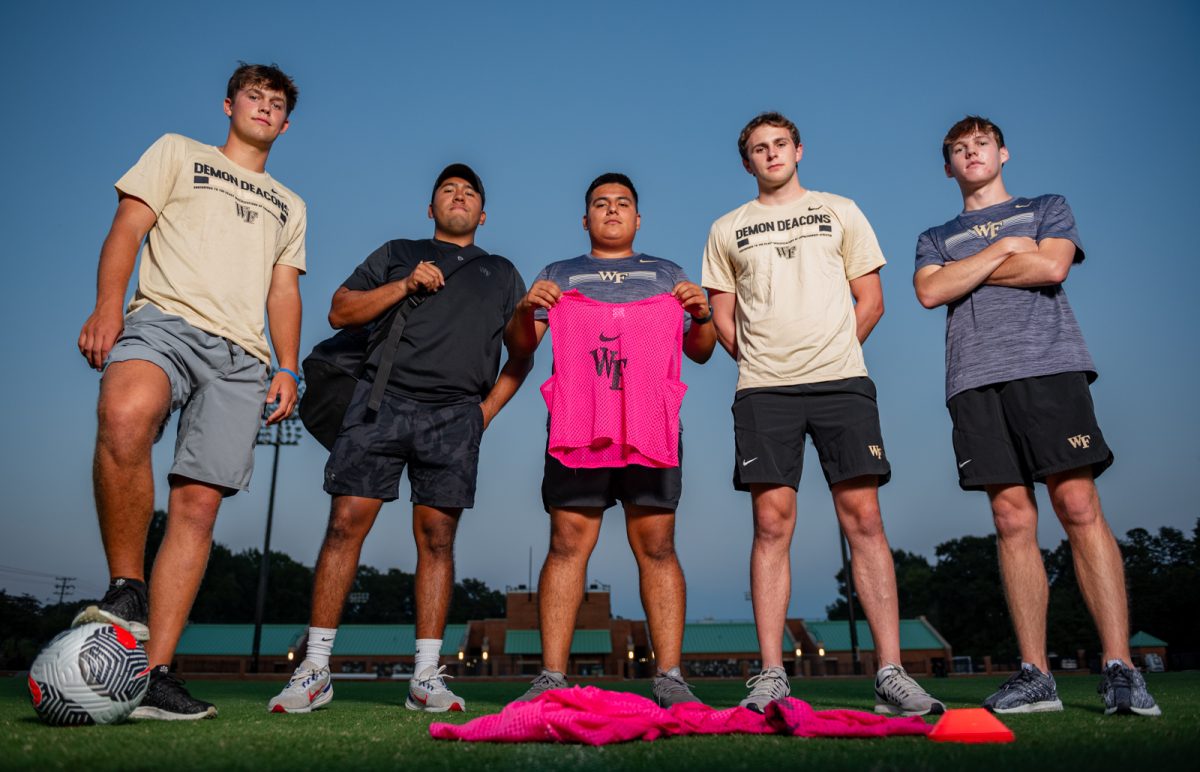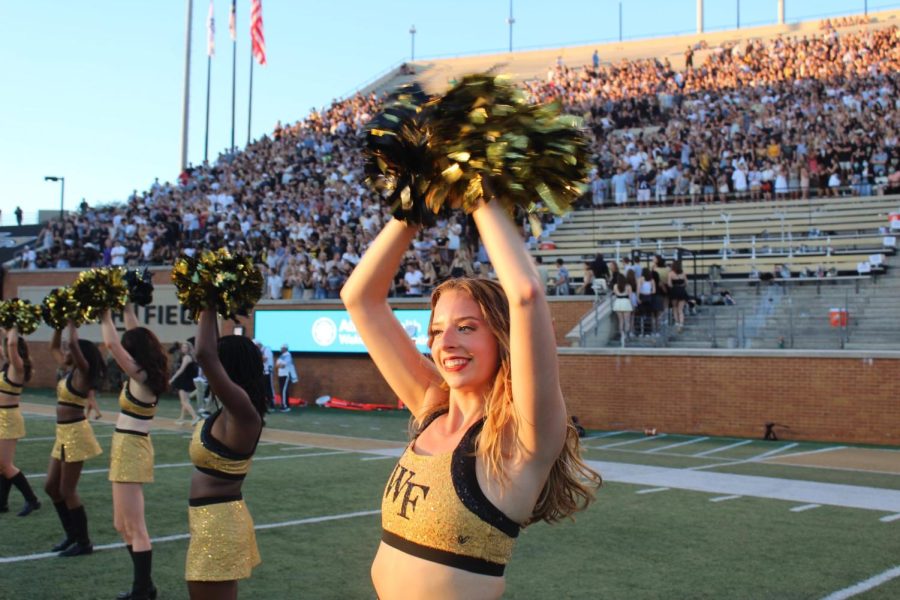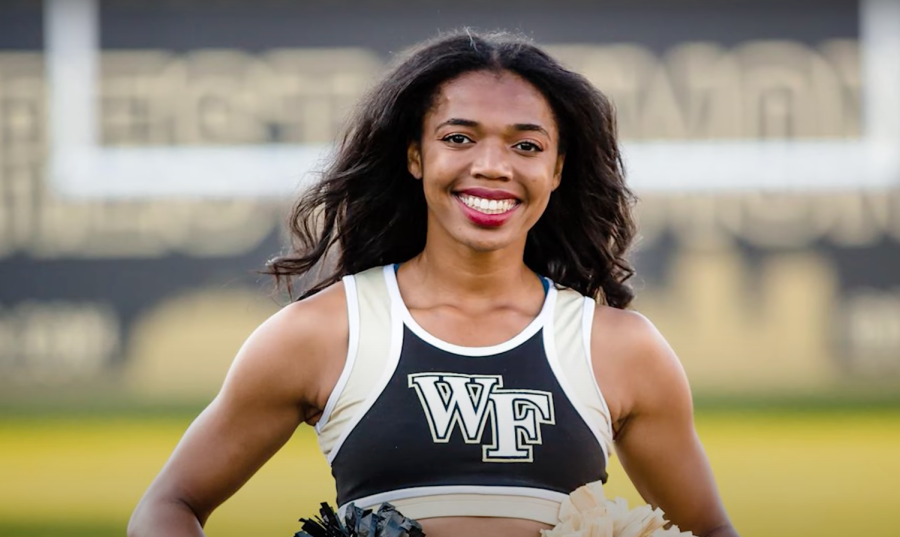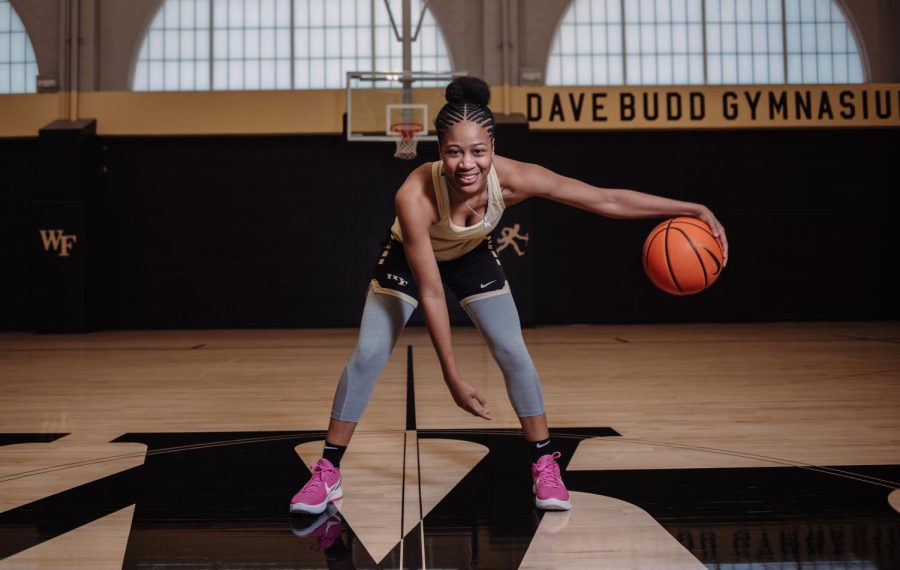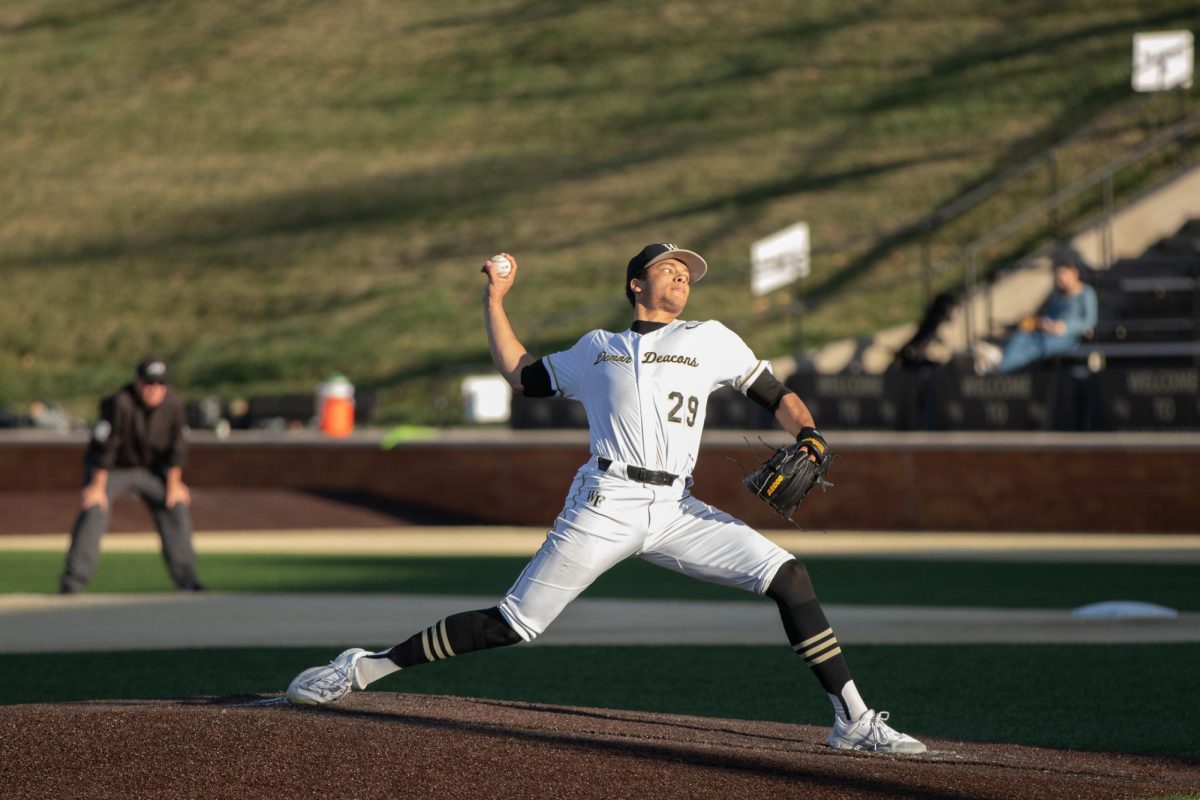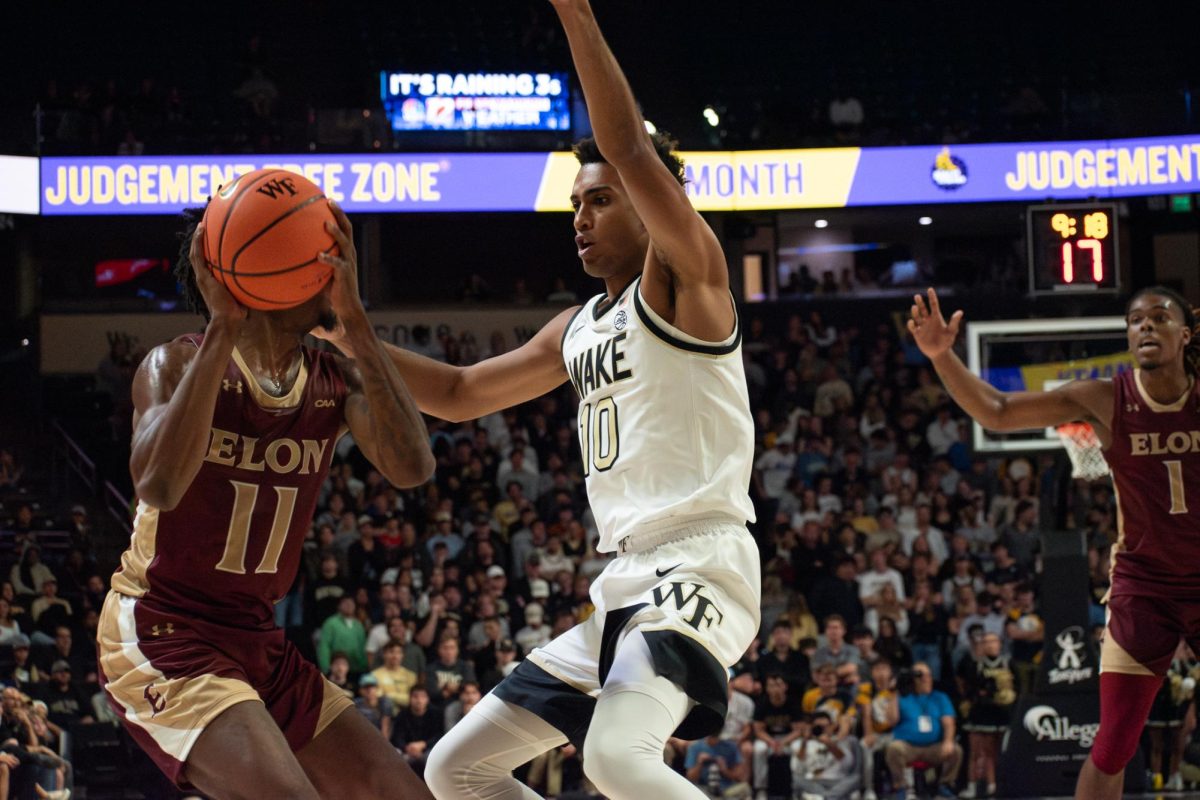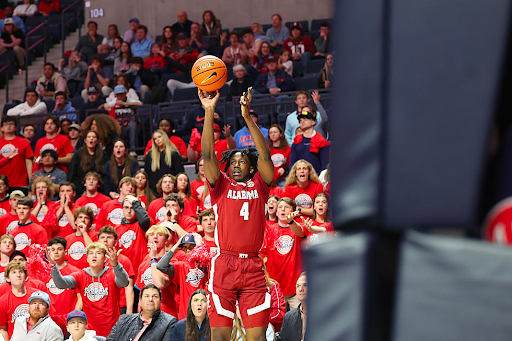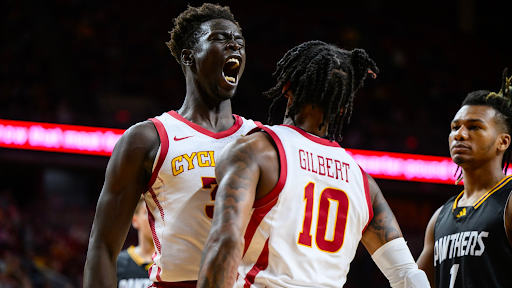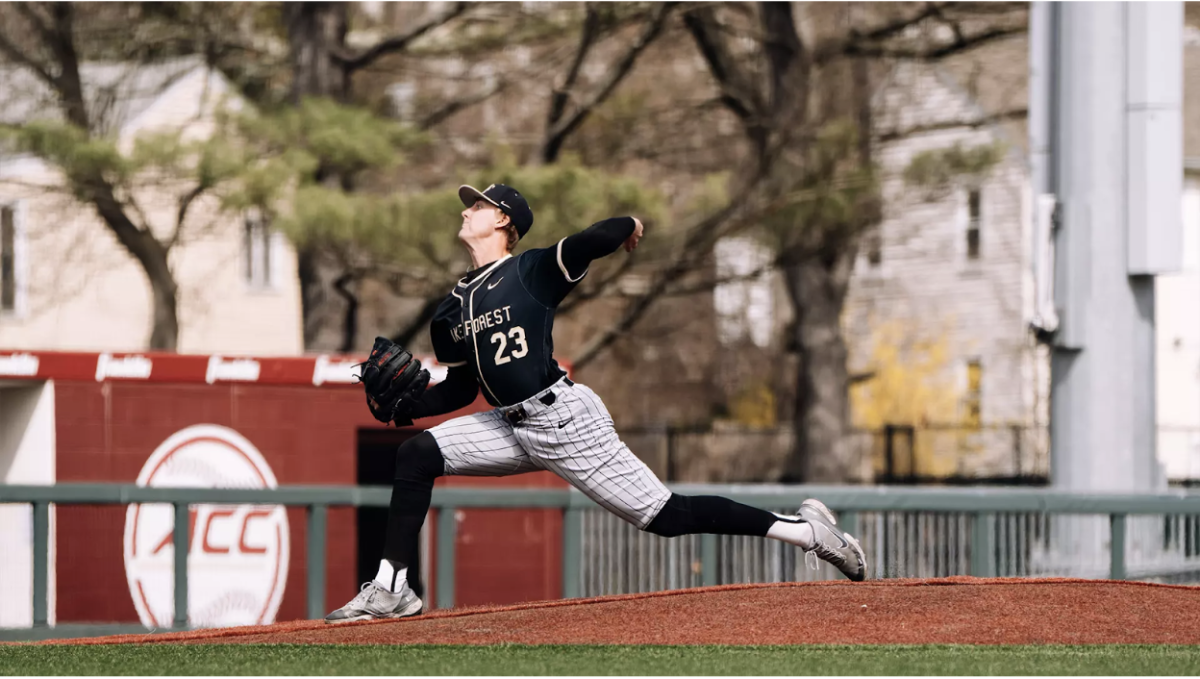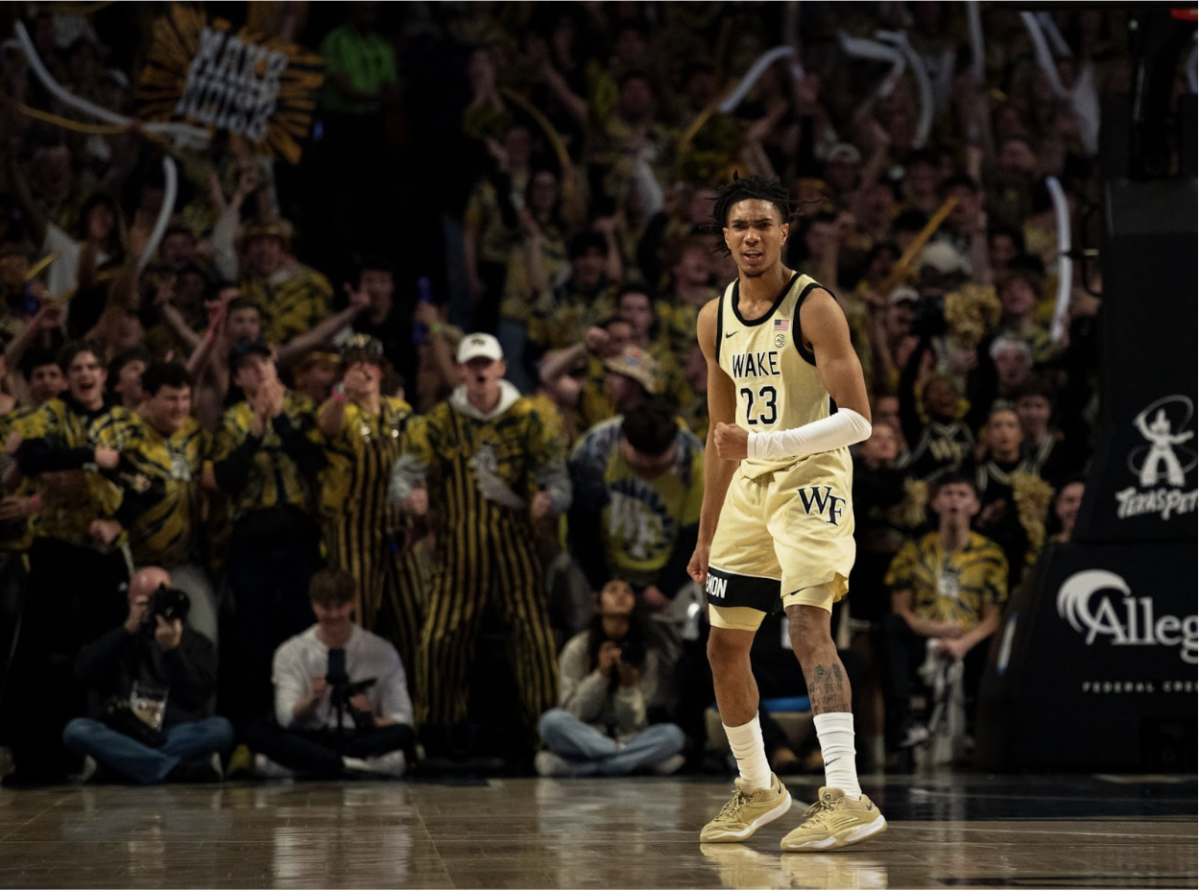Dominic Peters is a senior and a goalkeeper on the Men’s Soccer Team. Peters is graduating in December, with a major in philosophy and minors in politics & international affairs and religion. On-campus, Peters serves as Vice President of the Student-Athlete Advisory Committee (SAAC) and is the leader of the Student-Athlete Mental Health and Wellbeing Group.
Charles Horn: First thing’s first, how has the coronavirus affected the way the team returns to play and especially training?
Dominic Peters: Obviously things are going to be different. I think that it would be naive to say that everything is going to be the same. With that being said, we are absolutely delighted that we are able to do some things. I think President Nathan Hatch and Athletic Director John Currie have done a great job of implementing safety precautions to let us play, to let us be on the field and to do what we love which is to play soccer with our best friends. With that being said, there are a lot of challenges: we are enacting social distancing at times on the field, we’re wearing our masks — things aren’t the same. But when you wake up in the morning and you think that you’re able to be in a position where you can play soccer with your best friends, that makes it all worth it.
CH: Of course playing requires another team and just this week your game against Clemson was postponed due to coronavirus concerns on their end. How, as a team, do you adjust when your schedule is always in flux, especially when you can wake up one morning and find out the game that you thought was this Friday is actually in October?
DP: I mean you have to live in the moment. You have to expect the unexpected and take no day for granted because things like this happened and they might happen again. So instead of playing a game against Clemson, we played ourselves, which we thought was perhaps an even more challenging task. But again, you have to look at every day as an opportunity and not let it go to waste because as you know, things like this happen and you don’t know the next time you could be playing.
CH: I’m sure when you first came to Wake Forest you would not have envisioned your final year taking place in the middle of a pandemic. What was the decision like in picking which school to continue your college soccer career at?
DP: Wake has so much to offer: the small class sizes, the beautiful campus, not to mention that the soccer program is one which I envisioned myself getting better at. I remember, when I walked onto campus and I saw this tree — it was in October, and I was hanging out with the guys who were here at the time, Ian Harkes and Jon Bakero. Anyways, I saw this tree and this leaf had four colors on it and I was absolutely amazed. I took a picture of it, and all the guys were making fun of me, and [in that moment] the place felt like home. [Wake] became a place where I was welcomed with open arms, and between academics, the campus, the people, the team — everything just came together and that made my decision really easy.
CH: You are one of many that come from the MLS Academy ranks and the under 18 teams of various MLS clubs to the college level. Something that’s grown, especially in the 2010s, to make up the most predominant pipeline for young soccer talent in the United States. How do you think that’s affected the college game and the U.S. game more broadly?
DP: I certainly think that we’re seeing college soccer programs get better. It’s by no means the professional level, but even today you see this pipeline as a good option for people who want to play pro, but also want to get an education. For example, Jack Harrison was only here for a year, but if you said that there was a college player that now plays in the Premier League, scoring goals against Liverpool, not many people would believe you. This is the reality we’re seeing today and I hope that we’ll continue to see this trend in the future.
CH: You’ve spent a lot of time at Wake Forest fluctuating between starting and being on the bench. But then last year you were called on in a decisive moment during the season and given the nod for the [ACC Tournament Quarterfinal] penalty shootout against Virginia Tech. What’s going through your mind when you are told you’re going in, you’re going to face five shots, and you have to save as many as possible to give the team a chance to win?
DP: In the moment, not much was going through my head. I will say the preparation aspect was the most important thing. I go into our pregame meal when the starting lineups are announced, always ready to play and I keep that mindset even if I don’t see my name in the first eleven. So, when I’m warming up before the game, I know anything can happen. God forbid our starting goalkeeper gets injured, I’m ready to go. [During that game] as we go into overtime, I don’t even know that I’m the penalty shootout goalkeeper, but I’m ready to go. When the time came I didn’t have to think about anything, I just did it.
CH: This season has also brought a new set of challenges: the killings of George Floyd, Breonna Taylor and Ahmaud Arbery, as well as a host of other Black Americans killed at the hands of police or of people acting in the name of some supposed authority. As Vice President of the Student-Athlete Advisory Committee, what do you see as the role of student-athletes in effectuating positive social change, especially in the area of racial injustice on a predominantly white campus grappling with its own legacy of white supremacy?
DP: I think there are a lot of things that we have been doing on SAAC and a lot of things we can do better. I think the most important thing to me was education. Just as a progressive but very privileged white male, I can’t share that same experience that many other student-athletes can and have had to go through. Being able to put my feet into other shoes and empathize and learn what people are going through was the first step, and I think SAAC did an amazing job of expressing that emotion to not only student-athletes but the student body as a whole, as well.
We’re also not afraid to take a stand. Obviously, we are in the South, and there are many voices who denounced the BLM movement and we want to stand up against them. We’re not going to back down, and we’re not going to send out a watered-down message to please anyone. In this way, I think we’re making a real stand that can be influential not only on our campus, but in our community as well.

